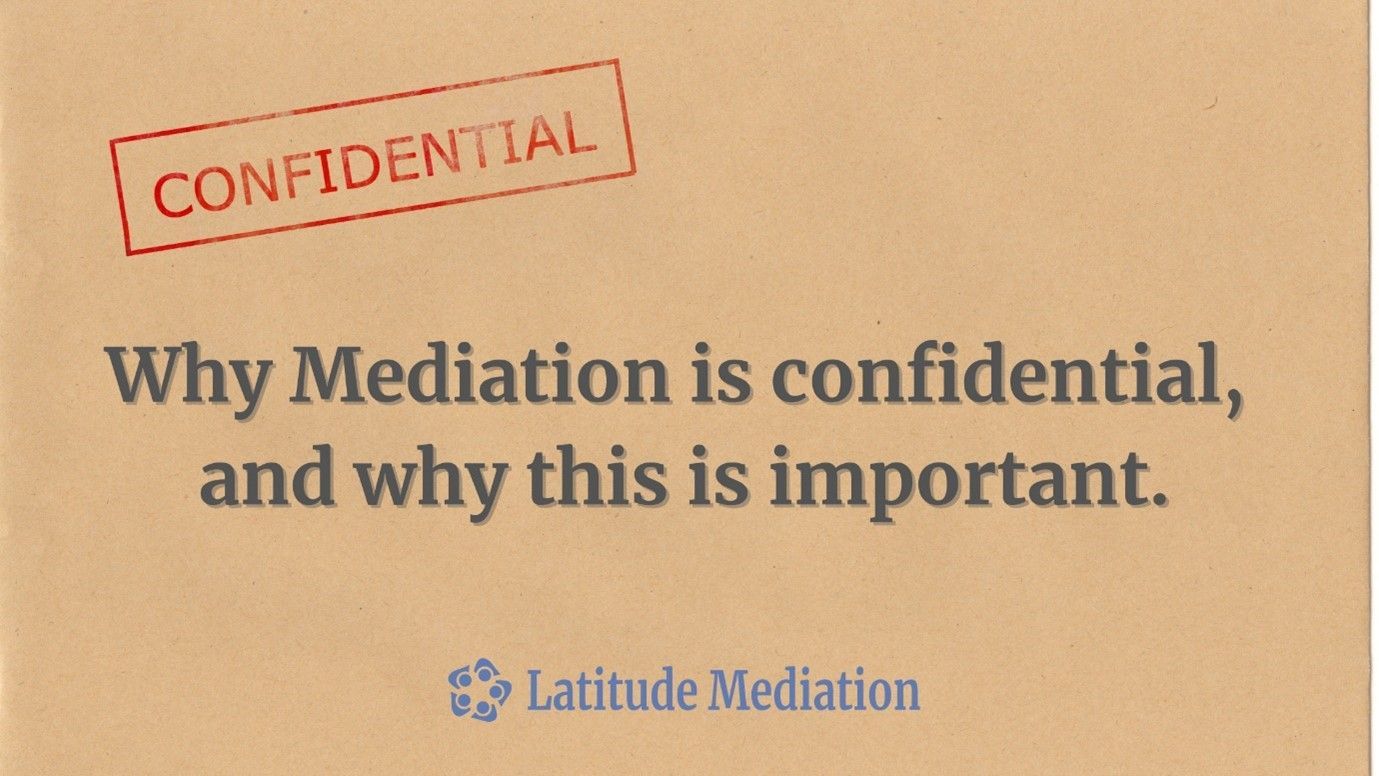What is a MIAM and are they compulsory?
In the realm of family law in the United Kingdom, Mediation Information and Assessment Meetings (MIAMs) have become a crucial checkpoint for individuals navigating the complexities of separation and divorce. MIAMs serve as a gateway to alternative dispute resolution, offering parties an opportunity to explore mediation before embarking on formal legal proceedings. In this blog, we will delve into the importance of MIAMs, their key functions, and why they are instrumental in shaping the landscape of family dispute resolution in the UK.
What is a MIAM:
MIAMs were introduced as part of the family justice reforms in 2014, with the aim of encouraging couples to consider mediation before resorting to court proceedings. A MIAM is an initial meeting with a qualified mediator, and it is a mandatory step for individuals seeking court intervention in certain family matters, such as divorce, division of financial assets and/or child arrangements (albeit that urgent matters, cases involving child protection, or evidence Domestic Violence may not require a MIAM- we will explore exceptions to compulsory MIAMs in more detail in a separate blog. Suffice to say at this point that in accordance with the recent government consultation "Private Family Law Early Resolution Consultation paper Feb 2024" Latitude Mediation will always support and signpost individuals subject to domestic violence to other more appropriate channels.
Key Functions of MIAMs:
1. Promoting Mediation as the First Resort: MIAMs emphasise the importance of mediation as an alternative to traditional court proceedings. By encouraging parties to explore mediation early on, MIAMs contribute to a cultural shift towards more amicable and collaborative approaches to dispute resolution.
2. Information and Education: During a MIAM, individuals receive essential information about the mediation process, its benefits, and the potential outcomes. This empowers them to make informed decisions about the most suitable method for resolving their specific family issues or to understand that other support may be more suitable or helpful for them.
3. Assessment of Suitability for Mediation: The mediator uses the MIAM to assess whether mediation is a suitable option for the parties involved. Factors such as the complexity of the dispute, power imbalances, and the willingness of both parties to engage in the process are considered.
4. Child-Centric Focus: MIAMs highlight the importance of putting the best interests of the child first. Mediators discuss arrangements for children and explore how mediation can provide a platform for parents to collaboratively address issues related to child arrangements, visitation, and parenting plans.
5. Encouraging Open Communication: The MIAM provides a safe and neutral space for parties to express their concerns and goals privately with the mediator. It fosters open communication, laying the groundwork for a more constructive mediation process if chosen.
Why MIAMs Are Useful:
1. Cost-Effective Alternative: Choosing mediation after a MIAM can be a cost-effective alternative to lengthy, stressful and expensive court battles. Mediation will undoubtedly involves lower fees, making it an attractive option for those looking to manage costs.
2. Quicker Resolutions: MIAMs contribute to the expeditious resolution of disputes. By steering parties toward mediation at an early stage, unnecessary delays associated with court proceedings can be avoided, allowing for quicker resolutions.
3. Preservation of Relationships: The collaborative nature of mediation, as introduced in MIAMs, fosters a more positive atmosphere for communication. This can contribute to repairing or preserving relationships, especially important in family matters where ongoing co-parenting or cooperation may be necessary.
4. Empowering Decision-Making: MIAMs empower individuals to take an active role in deciding how their family matters will be resolved. This autonomy contributes to more satisfactory and bespoke outcomes.
5. Speedier resolution of Disputes/ Court Backlog: By diverting cases to mediation, MIAMs help alleviate the burden on the court system, contributing to a more streamlined and efficient legal process. This in turn ensures that participants will be able to resolve disputes far sooner and move on.
In the landscape of family law in the UK, MIAMs stand as a crucial step towards fostering a culture of mediation and collaboration. By promoting early consideration of alternative dispute resolution, MIAMs contribute to quicker, cost-effective, and more amicable resolutions for families navigating the challenging terrain of separation and divorce. As a pivotal gateway to alternative methods, MIAMs are instrumental in shaping a legal landscape that prioritises informed decision-making, open communication, consideration of bespoke solutions and thought for the best interests of all parties involved.
To find out more about how Latitude Mediation can support you after you have made the decision to move forwards, get in touch here or email info@latitudemediation.co.uk.
Have a question? If you have any questions about mediation, whether it is right for you, or anything else, please get in touch.
Professional accreditations
All our workplace mediators have significant mediation experience and are fully accredited and insured as such. We are fully compliant with the European Code of Practice for Mediators 2004 and Latitude Mediation Code of Practice 2020. See also Latitude Mediation Rules 2020. All our associated mediators are fully accredited members of the Civil Mediation Council (CMC) or College of Mediators.
Associations
All Rights Reserved | Latitude Meditation
















